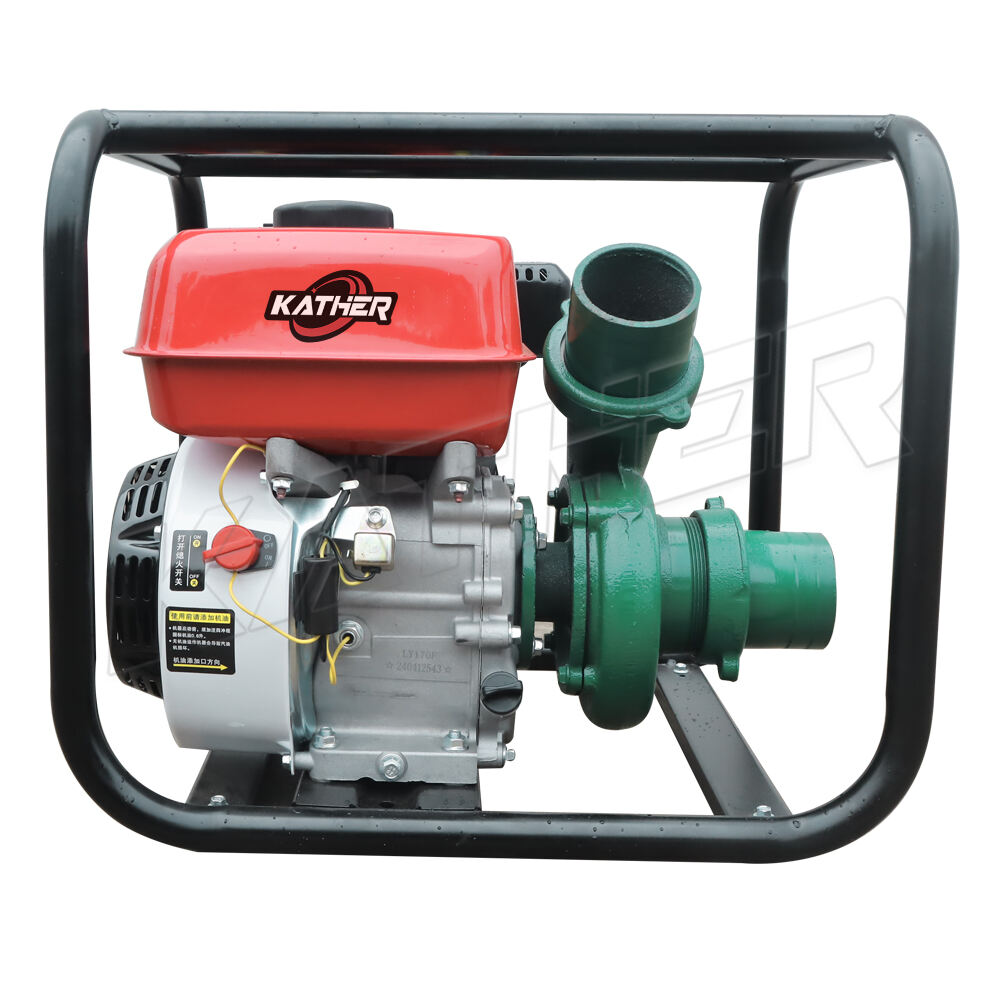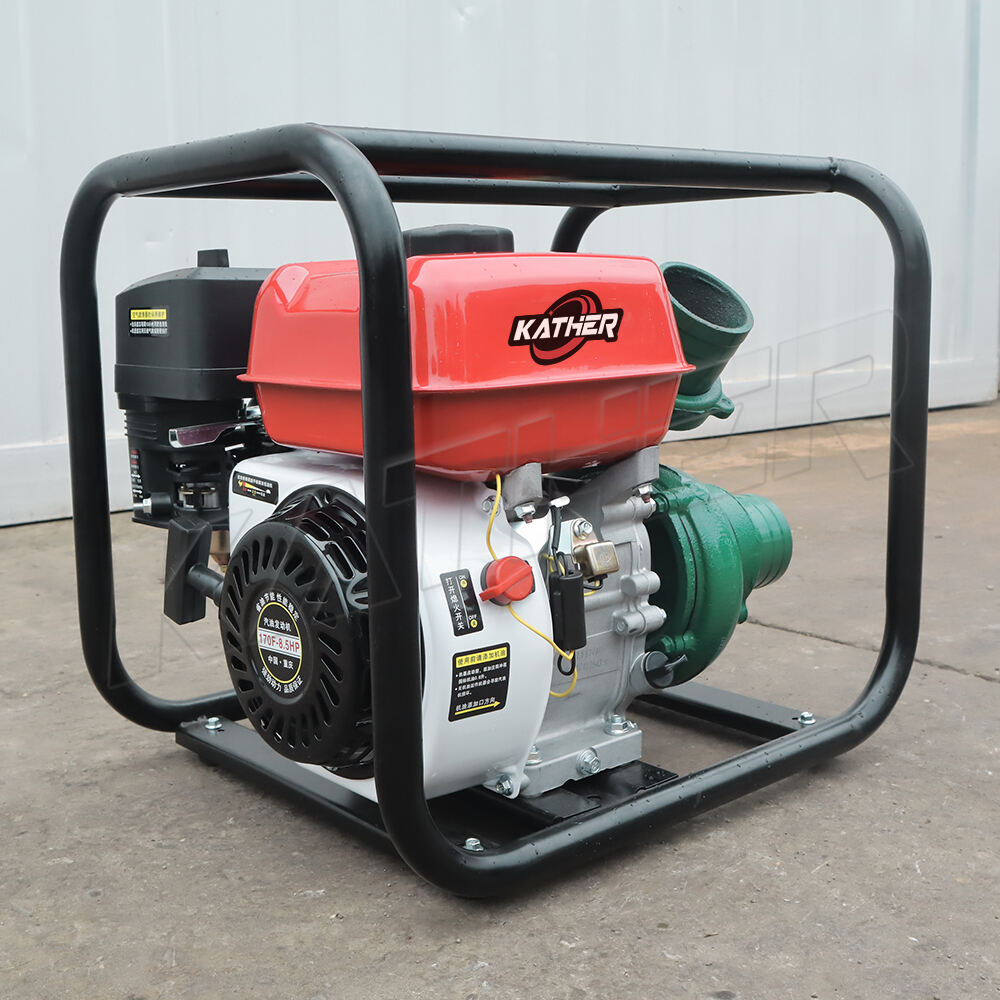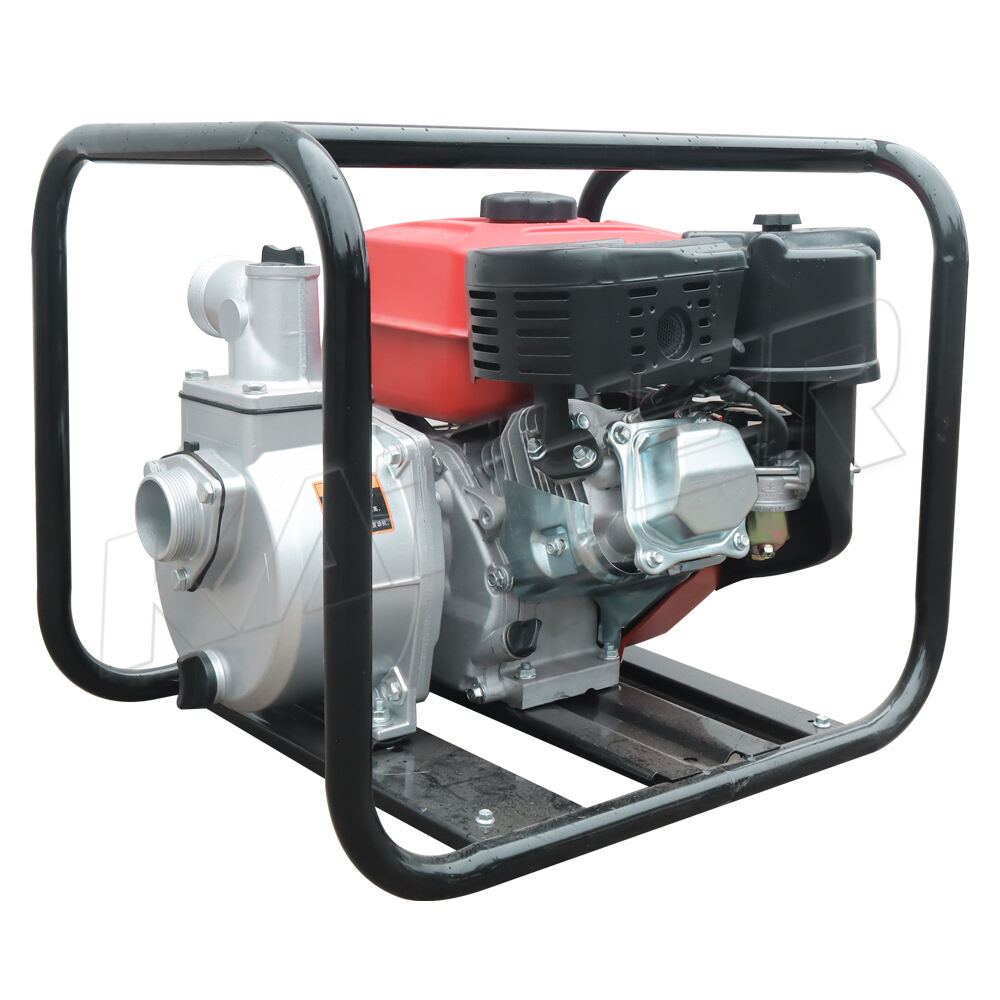gasoline water pump price
Gasoline water pump pricing represents a critical consideration for both residential and commercial users seeking reliable water transfer solutions. These pumps, powered by gasoline engines, offer robust performance capabilities with various models ranging from 2 to 7 horsepower, catering to different flow rate requirements and budget constraints. The price spectrum typically extends from $150 for basic models to $1,000 for professional-grade units, reflecting differences in build quality, capacity, and additional features. Modern gasoline water pumps incorporate advanced technologies such as self-priming mechanisms, thermal protection systems, and fuel-efficient engines that optimize performance while maintaining reasonable operating costs. The pricing structure often correlates with the pump's maximum head lift, water flow rate (typically measured in gallons per minute), and construction materials. Premium models feature cast iron or stainless steel components, contributing to higher durability and corresponding price points. Additionally, manufacturers factor in supplementary features like portability features, noise reduction technology, and warranty coverage when determining retail prices. Understanding these price determinants helps consumers make informed decisions based on their specific water pumping requirements and financial considerations.


